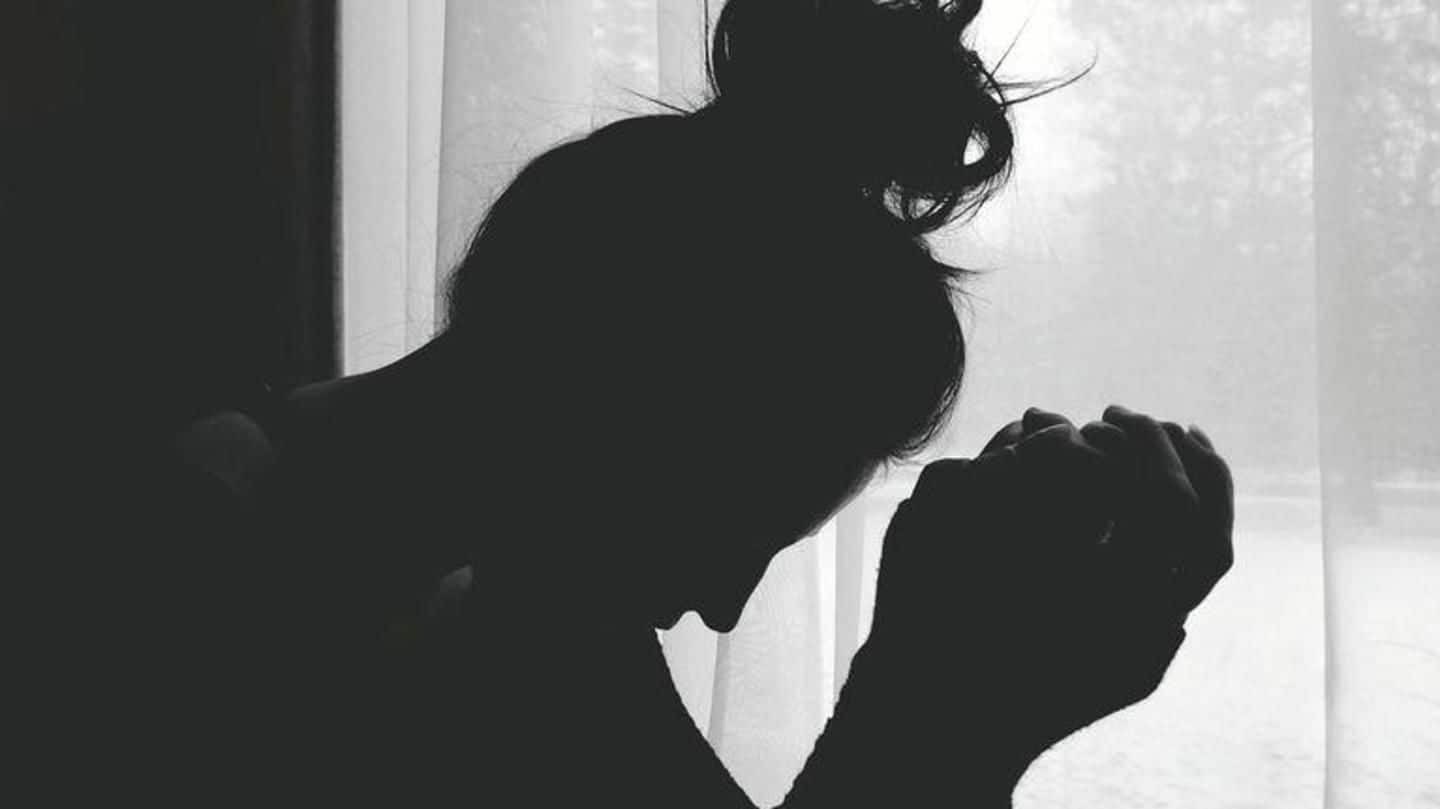
PMS+Depression: Here's what PMS does to my depression
What's the story
Last week, I had my period. Normal, right? Well, not normal.
For those going through depression or other mental illnesses, PMS becomes a pre-menstrual monster that preys on the mind.
For a long time, I thought I was the only one going through it. Then, I read student activist Shehla Rashid's tweet about her condition, PMDD (Premenstrual Dysphoric Disorder), and realized I'm not alone.
Twitter Post
Shehla's tweet that made me realize I'm not alone
A few days ago, I started having strong suicidal thoughts. I had been feeling that way for two weeks. But that night, I actually looked up ways to end my life enacted many of them in my head. Next day, I got my period. I looked up "PMS + suicide" and found out about PMDD. (2/n) pic.twitter.com/R5mOP9QpCV
— Shehla Rashid (@Shehla_Rashid) September 23, 2018
Time to talk about it
The 'fatal' PMS+Depression or PMDD (as I know it now)
I was diagnosed with bipolar disorder and anxiety disorder last year, but I know I've been suffering from it since long.
What else explains feeling suicidal during periods- the unnerving urge to end this chapter of my life. How else would I explain the uncontrollable crying spree and missing the "old me" who was not broken, damaged, or emotionally scarred?
It wasn't just PMS.
Let's acknowledge it
Hormonal imbalance or something more serious?
My gynecologist says it's a hormonal imbalance while my psychiatrist sees the "imbalance" as a trigger.
But how do I tell this to people whom I hurt during my periods or the work I miss during it or the loss I've endured?
How do I tell them that I cry myself to sleep for seven nights every month convincing I'm bigger than my depression?
Explanation
What exactly is PMDD though?
PMDD is more than a little bloating and cramping before a period that usually happens while you are PMSing. It is a severe mood disorder that accentuates regular mood swings during PMS.
It gets pronounced as the period draws closer, making the sufferer go through high tension, anxiety and aggression.
It also complicates any treatment for mental illnesses on those days of the month.
Twitter Post
Yes, it's a women's issue and a neglected one
PMDD is not often acknowledged as an issue, because, well, it concerns women. But if you care about your sister, partner, or friend do raise awareness about PMDD. It's scary how real it can get. You start picking ways and spots to end your life. You start planning it! (3/n)
— Shehla Rashid (@Shehla_Rashid) September 23, 2018
The science behind it
Why does PMDD occur?
The exact cause of PMDD isn't known, but it might be an abnormal reaction to hormonal changes related to your menstrual cycle.
As per research, there's a connection between PMDD and low levels of serotonin, a chemical in your brain that helps transmit nerve signals and control mood, attention, etc.
Hormonal changes during periods may cause a decrease in serotonin, leading to PMDD symptoms.
Symptoms
Even if you aren't a victim, look out for others
While many of us have the habit of just discarding women's behavior during "that time of the month", it's high time to educate ourselves about PMDD.
It is real. Dark but real. Women around you torture themselves with self-guilt every month.
Every month when I bleed, my mind does too. And my empathy goes out to all the women who go through the same.
Explanation
If you are, this is how you can manage PMDD
While medication is one way to deal with PMDD, there are various other ways to manage it. For instance, changing lifestyle can help get rid of some of the factors that can intensify PMDD symptoms.
Starting a healthy diet, giving up smoking and regular exercising are just a few things that can help.
Yoga, meditation and other hobbies as relaxation techniques can help too.
Information
Combat your mental illness with your mind
Combat the depression by interacting with your loved ones and keep a journal to know how much you progressed from the last time. And remember, it's a mental illness and though you've no control over it, only your mind (with some help) can heal it.
How?
Make yourself aware, and be self-compassionate
Now, how do you differentiate between PMS and PMDD?
Here's how: PMS is a normal character followed by your periods; PMDD includes extreme sadness, hopelessness, depression, irritability, or anger along with usual PMS symptoms.
And ladies, be self-compassionate. Tell yourself that though your period makes you volatile, you deserve love and everything good in the world.